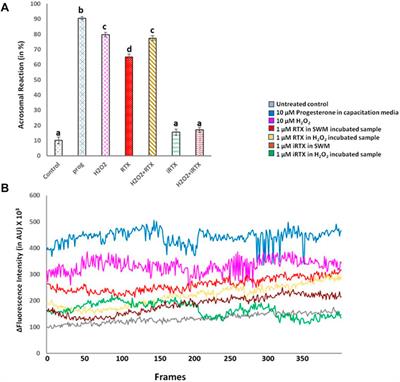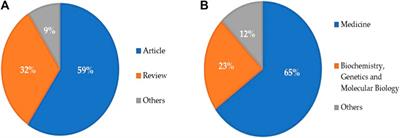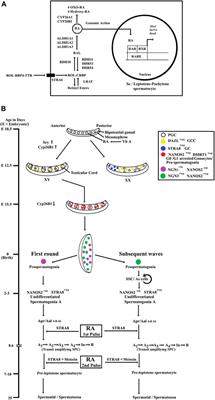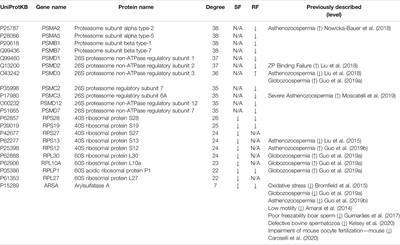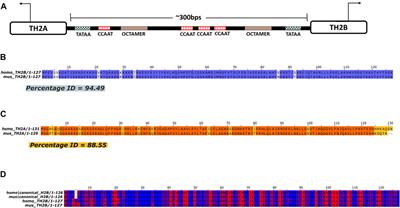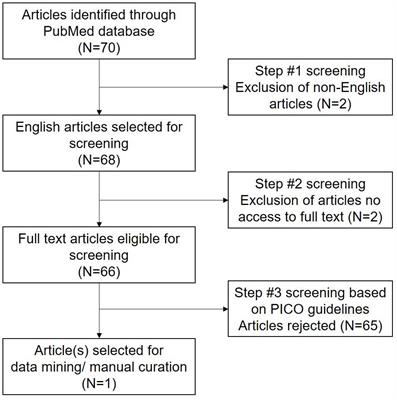ORIGINAL RESEARCH
Published on 23 Sep 2022
TRPV1 channel in spermatozoa is a molecular target for ROS-mediated sperm dysfunction and differentially expressed in both natural and ART pregnancy failure
doi 10.3389/fcell.2022.867057
- 3,825 views
- 2 citations
